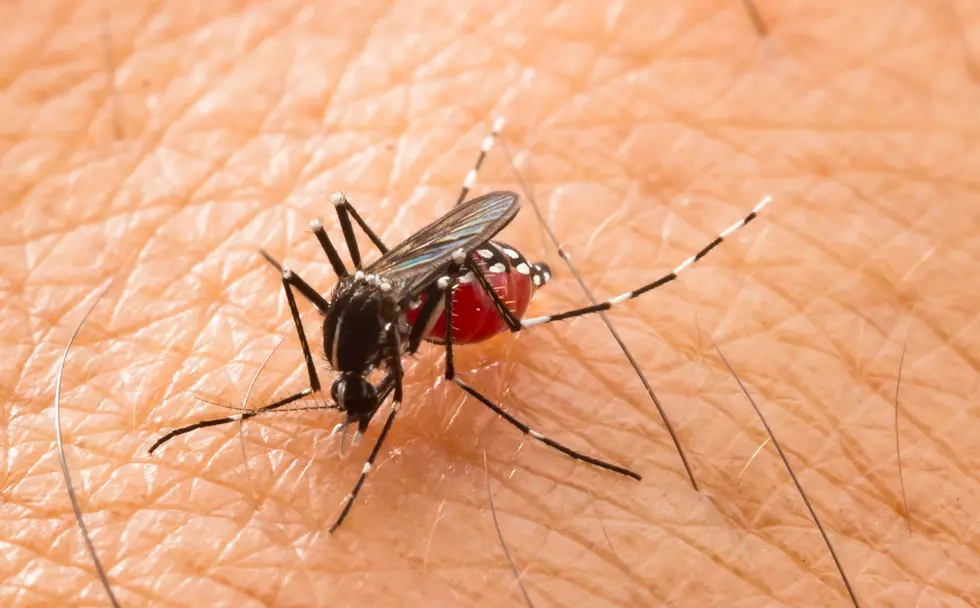
What Massachusetts Residents Need to Know About Monkeypox
The first thing you need to know about monkeypox is there is no need to panic. Fewer than 100 cases of monkeypox (as of this writing) have been confirmed in the United States, without a single confirmed death worldwide. Most patients recover in two to four weeks.
So there is that.
The Massachusetts Department of Health confirmed six cases of monkeypox in the commonwealth as of Thursday. The first case was on May 18. Again, none have been fatal. The DPH said it will issue updates on new monkeypox cases on Thursdays, so don't expect a daily count.
DPH has compiled a map to indicate which states have and have not recorded cases of monkeypox.
Monkeypox is not COVID-19, and a pandemic is not likely.
"While the virus does not spread easily between people, people can spread the infection once they develop symptoms," the DPH said.
"Transmission occurs through direct contact with body fluids and monkeypox sores, by touching items that have become contaminated with fluid or sores, (clothing, bedding, etc.), or less commonly, through respiratory droplets following prolonged face-to-face contact," the DPH said.

"Gay and bisexual men and other men who have sex with men make up a large proportion of the cases identified to date," according to DPH. "The risk is not limited to the LGBTQ community, and anyone who has been in close contact with someone who has monkeypox is at risk."
The Centers for Disease Control and Prevention and the Massachusetts Department of Public Health recommend that you avoid large gatherings or consider wearing a mask.
The DPH has provided information on how to recognize monkeypox and has more information about the outbreak and what you can do about it on its website.
KEEP READING: See 25 natural ways to boost your immune system
Goosebumps and other bodily reactions, explained
More From WFHN-FM/FUN 107






![New Bedford Health CEO Answers Questions About Monkeypox [TOWNSQUARE SUNDAY]](http://townsquare.media/site/518/files/2022/08/attachment-GettyImages-1415047118.jpeg?w=980&q=75)
![New Bedford Light’s Spillane on Monkeypox, CSOs [TOWNSQUARE SUNDAY]](http://townsquare.media/site/518/files/2022/08/attachment-jack-spillane.jpg?w=980&q=75)

